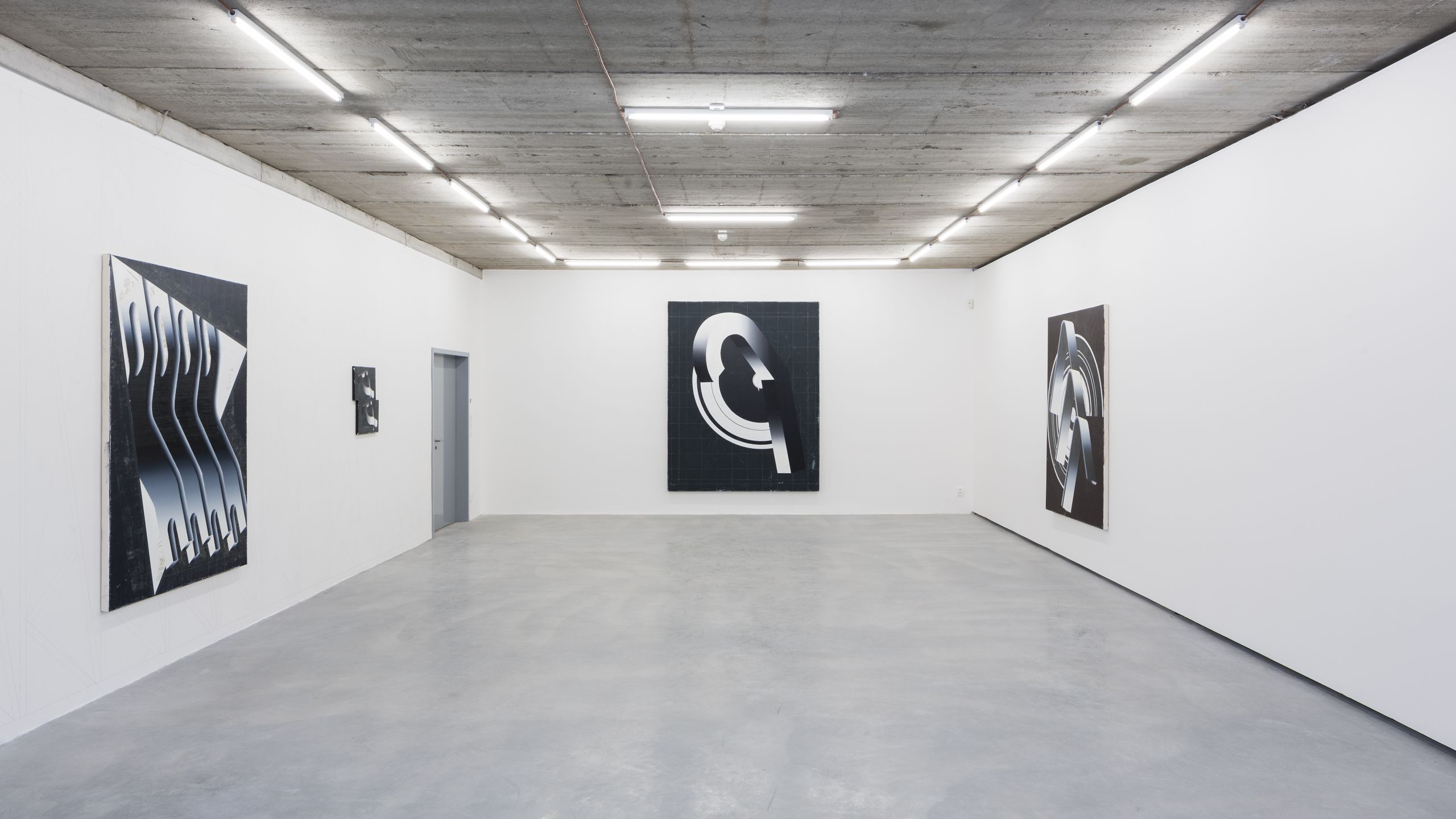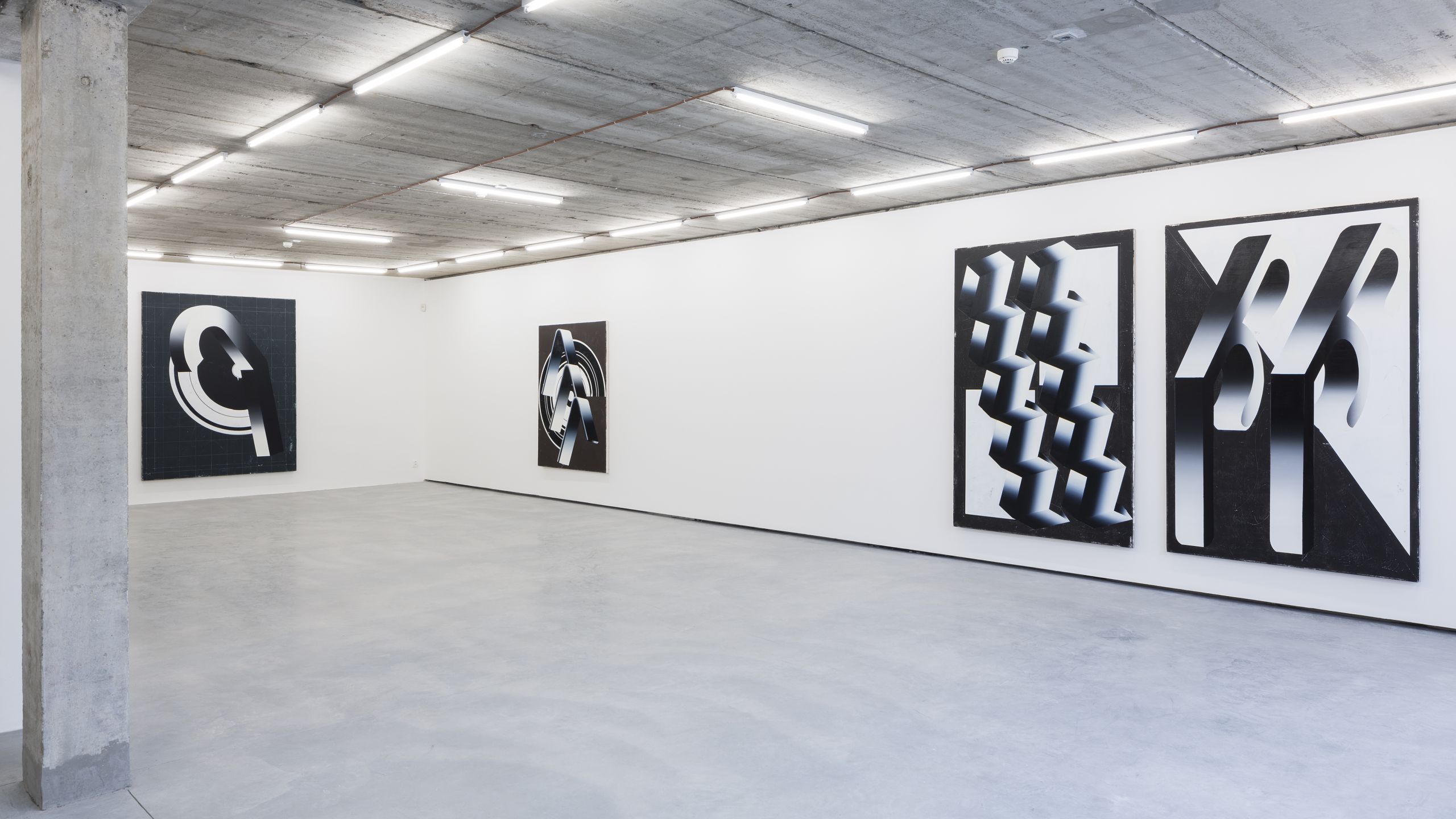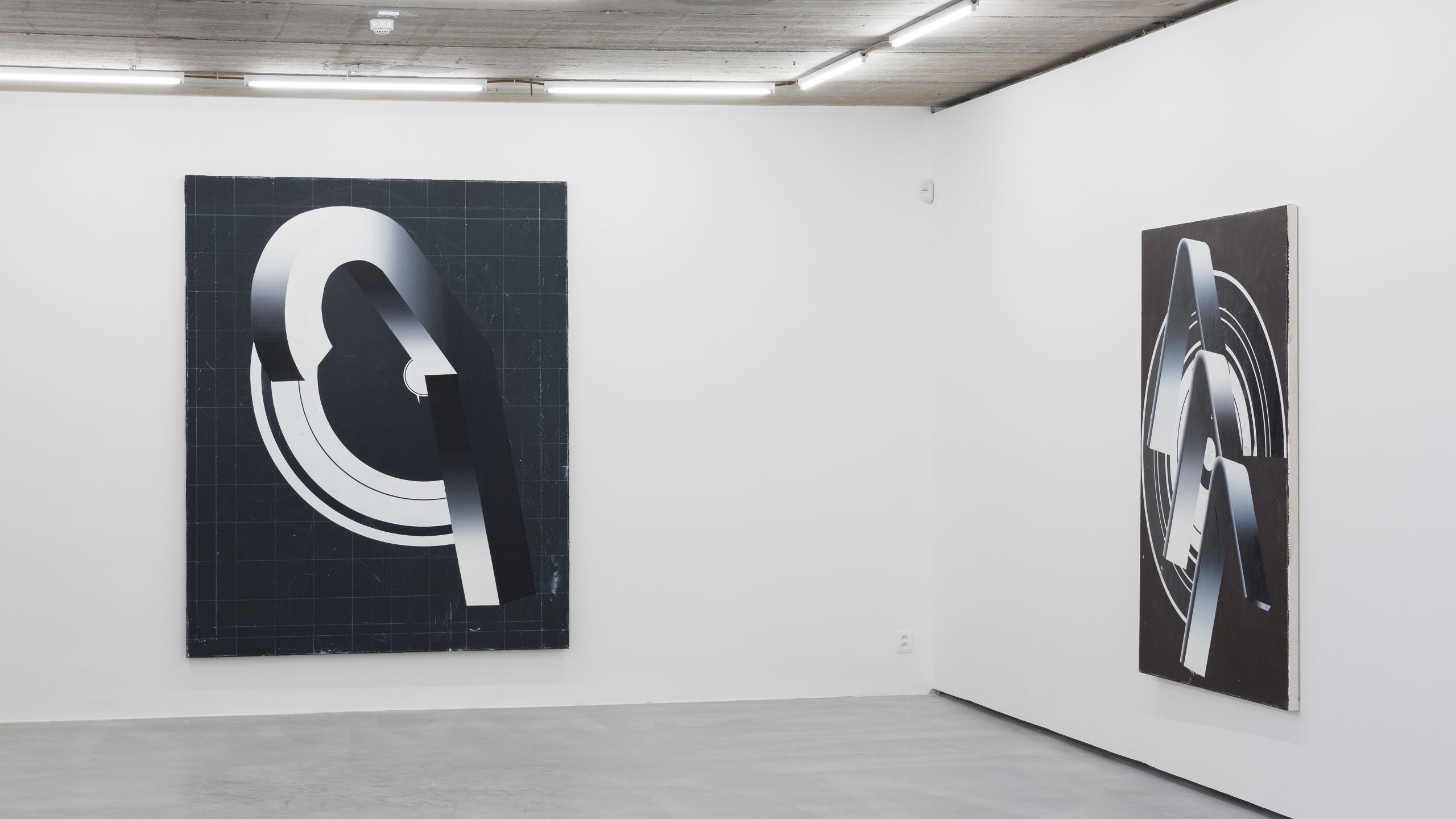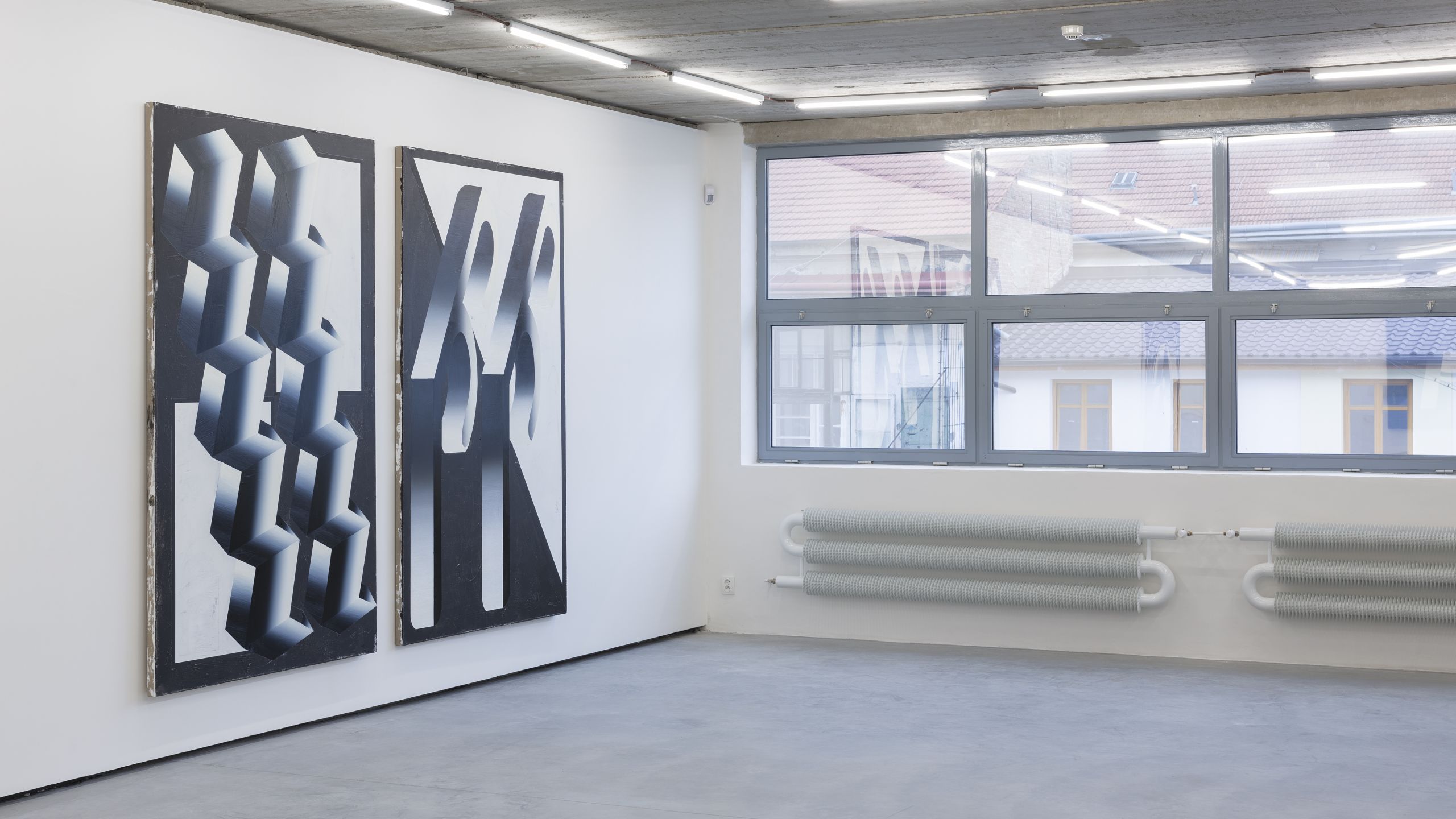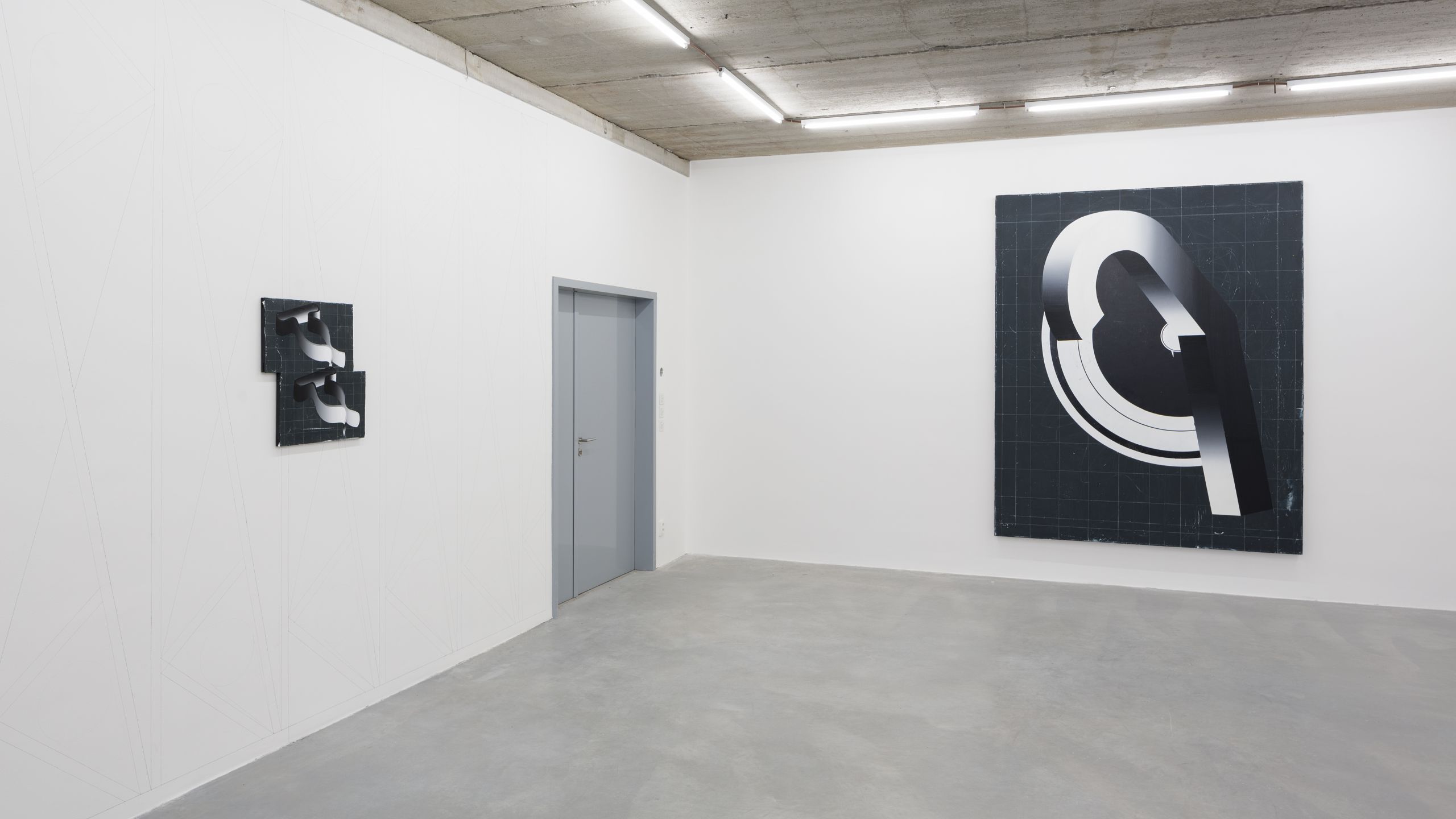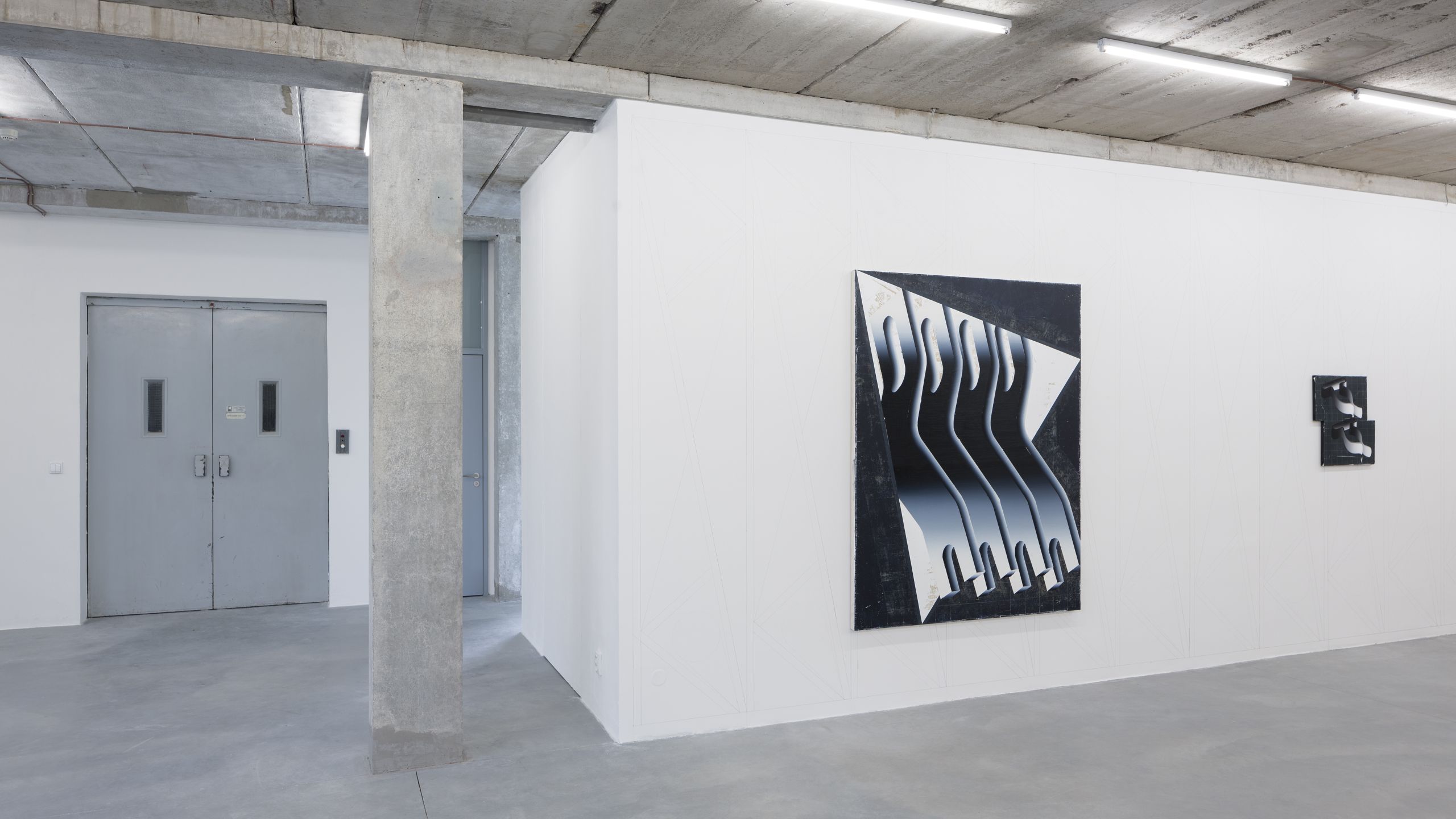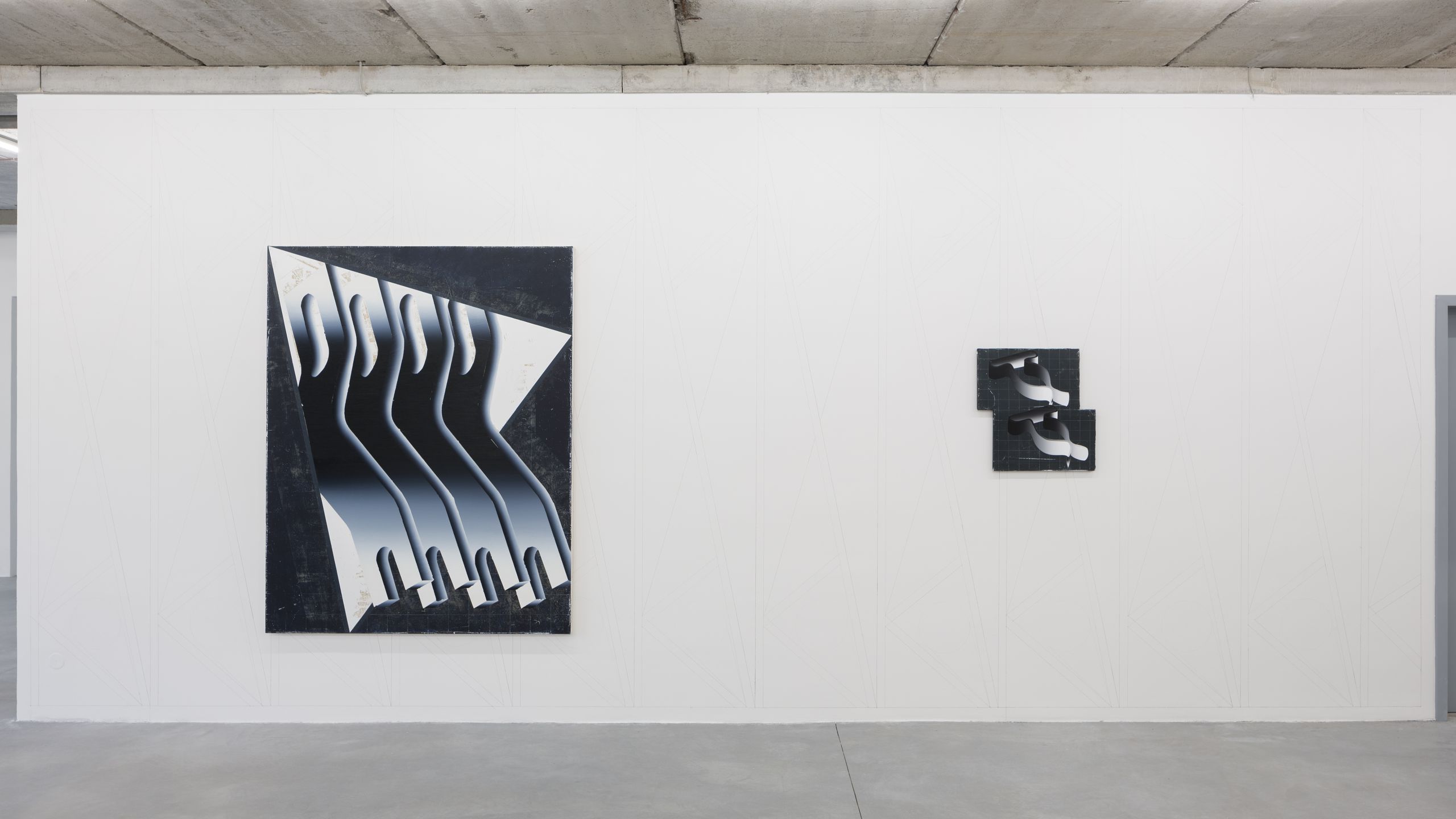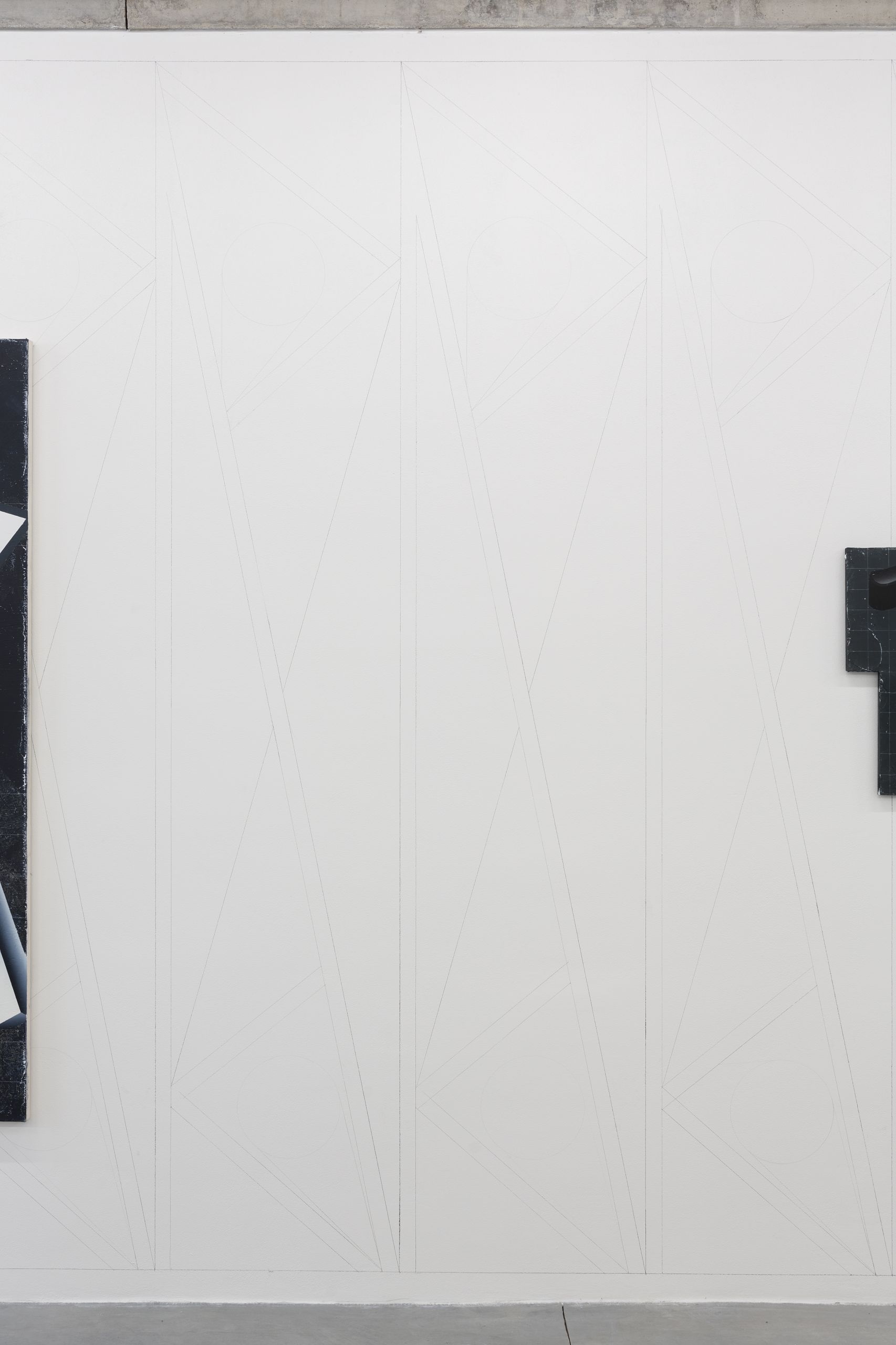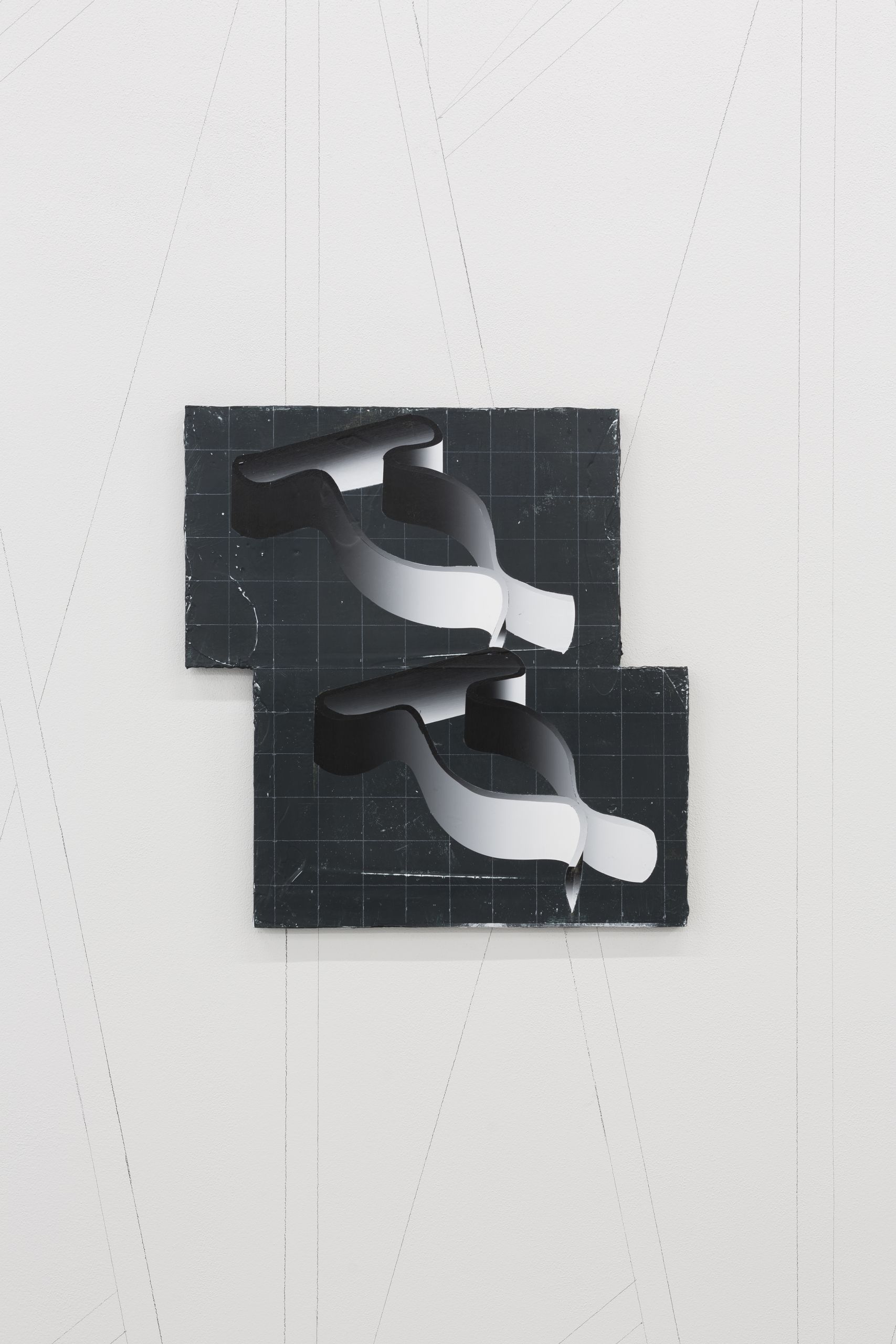Night Shift
June 14, 2018 12:00 am - July 28, 2018 12:00 am Curator: Jiří Havlíček Polansky Gallery, Brno-střed, CzechiaAt the beginning of 2007 Steve Jobs introduced a revolutionary electronic device that was to change the existing concept of the mobile phone. A video recording of the event on YouTube starts with Jobs arriving. In a half-close-up, the camera follows him, a greying, visibly nervous man in a black sweatshirt against a dark background. The next shot shows a large-format projection screen featuring a black apple, dramatically illuminated from behind. The small figure in the black sweatshirt slowly, uncertainly approaches the giant screen from the left. Today, the whole thing might appear slightly comic. Every sentence he utters about a ground-breaking invention is hailed with a burst of applause and excited shouts from the audience. The strongest response is triggered by a demonstration of scrolling.
According to a later account, from a former Apple employee, this public presentation was only little short of a miracle. The demo version of this mobile phone already existed but was fraught with flaws. Applications worked only partially and an exact sequence of steps had to be observed, otherwise the system would become blocked. The memory was small and the device had to be restarted frequently. For the public presentation, the choreography had to be practiced, using several mobiles and switching on individual functions in a very particular order. This meticulously prepared performance had been rehearsed for five days, and together with the slogan “reinventing the phone” went down in history.
According to Neil Postman, the most important invention of the 19th century was the invention of invention. In his book subtitled How the Past Can Improve Our Future he claims that since we learned how to invent, the question of why receded in importance. Needless to say, every invention entails a problem that can be only solved by another invention. In addition, says Postman, technological inventions target particular problems, yet the question remains as to whether these problems concern all of us. Several years ago, a new application called Night Shift appeared on smart phones, resulting from the fact that glowing displays tricked the brain which, believing that the sun was still shining, stopped producing melatonin, the hormone of sleepiness. We seem to be reinventing the natural biorhythm. Surprisingly often, bright tomorrows turn into dark visions, and Night Shift won’t change this. Dimmed light will only cause tiredness and the sleep will awaken demons.



